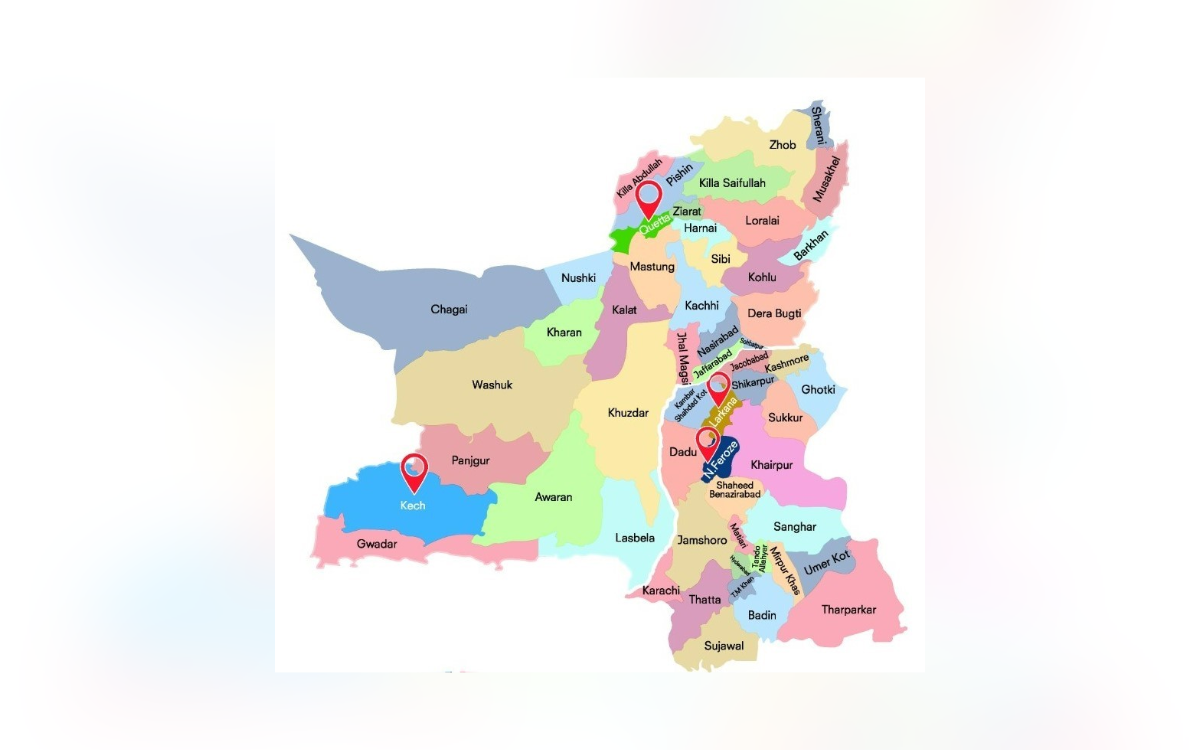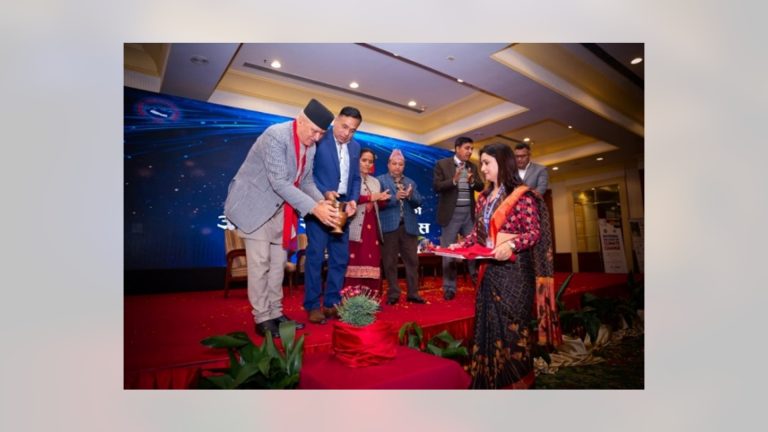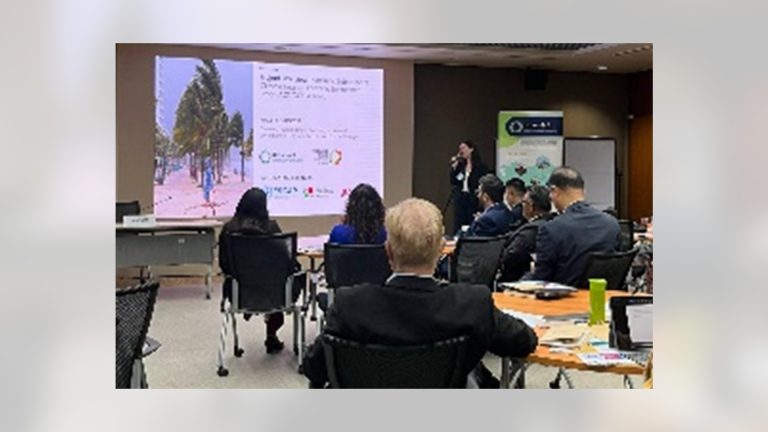The Local Empowerment, Advocacy and Development (LEAD) for Sustainable Development Goals (SDGs) Localisation in Pakistan is a 4-year programme co-funded by the European Union and implemented by the United Cities and Local Government Asia Pacific (UCLG ASPAC) and its members: the Association for Development of Local Governance (ADLG), the Local Councils Association of Sindh (LCAS), and the Local Councils Association of Balochistan (LCAB).
A baseline study was undertaken at the start of the programme to ascertain the situation with respect to SDGs localisation and implementation. One of the findings was lack of coordination between different tiers of government and between various public, private and civil society organisations, Furthermore, there is a very weak institutional relationship between the local governments and the civil society and private sector based on informal rather than institutional linkages.
To bridge this coordination gap and develop workable institutional linkages, the LEAD Programme has established provincial networks of public, private and civil society organisations, academia, media and donor-funded projects to raise awareness about SDGs, advocate for policy reforms, develop public-private partnership, and monitor and report on the localisation and implementation of SDGs at the provincial and local levels in a coordinated and cooperative manner. These alliances work under the guidance and support of the provincial local councils associations and have established core committees to implement action plans developed by the alliances. Technical and financial support is provided by the LEAD Programme.
So far, these alliances have managed to raise awareness about SDGs localisation at the provincial level and have devised a mechanism to collect data/information about SDGs implementation in the province. The alliance members are regularly meeting with the provincial legislators and concerned government officials to inform policy reforms for a more empowered and resourced local government and localisation of SDGs. The alliance members also plan to raise awareness at the district and local level through their outreach and individual networks. The LEAD Programme see these alliances as key partners in achieving its specific objective of fostering an enabling environment for mainstreaming SDGs in local development processes.











